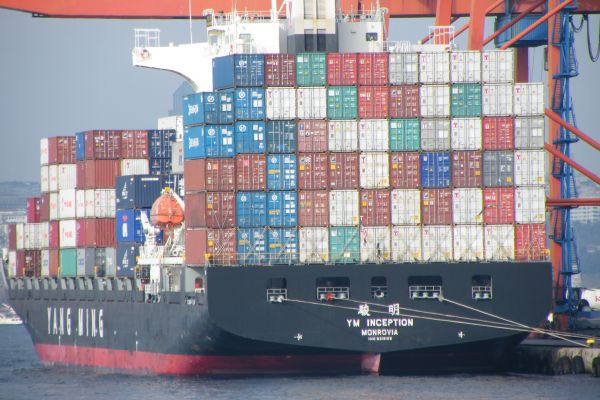Shipping Automatic Sealing Machines from Guangzhou/Shenzhen to Nhava Sheva Port, India
Full Container Load (FCL) Shipping
For bulk shipments of automatic sealing machines, opting for Full Container Load (FCL) is a practical choice. With FCL, the entire container is dedicated to a single shipment, minimizing the risk of damage, improving security, and often reducing costs for larger shipments. FCL can be either a 20-foot (20FT) or 40-foot (40FT) container, depending on the volume of the machines being shipped.
CIF Terms (Cost, Insurance, and Freight)
Under the CIF (Cost, Insurance, and Freight) shipping term, the seller is responsible for the cost of the goods, insurance during transport, and freight charges to Nhava Sheva Port in India. This ensures that the buyer receives the cargo at the destination port without worrying about the logistics of the sea journey. The shipment is insured for the value of the goods until it reaches the port of destination, offering peace of mind in case of any damage or loss during transit.
LCL (Less than Container Load) Shipping
For smaller shipments that don’t fill an entire container, Less-than-Container Load (LCL) is a cost-effective alternative. In LCL, the goods are consolidated with those of other exporters, saving on shipping costs by sharing the space in a single container. However, LCL shipments may be subject to slightly longer transit times due to consolidation and deconsolidation processes at both the origin and destination ports.
LCL shipments typically take 11 days of sea travel, though total transit time may be longer when considering unloading, customs clearance, and final delivery processes.

Packaging of Automatic Sealing Machines
Proper packaging is essential to ensure the safe transport of automatic sealing machines, which are often heavy, bulky, and fragile. The packaging process involves the following steps:
Wooden Crates or Pallets: The sealing machines should be packed in sturdy wooden crates or placed on pallets. This provides a stable base and helps in securing the equipment for safe handling during loading and unloading.
Protective Padding: To prevent any damage during the sea voyage, the machines are typically wrapped in bubble wrap, foam, or plastic sheeting. This helps protect delicate components from shocks, vibrations, or moisture.
Shrink Wrapping: Shrink wrapping is often used to secure the entire package. The wrapping prevents dust, dirt, and moisture from affecting the equipment during transit and ensures that all parts are tightly packed.
Shipping Labels: Clear shipping labels should be attached to each crate or package. These labels should include the destination address (Nhava Sheva Port, India), handling instructions, and any special considerations for customs clearance.
Export Documentation: It is important to include all required export documentation, including the commercial invoice, packing list, bill of lading, and certificate of origin. These documents ensure the smooth passage of goods through customs and simplify the clearance process at Nhava Sheva.
Sealing for Security: Many exporters opt to secure the crates with tamper-proof seals to ensure that the cargo has not been opened during transit. This is especially important when using LCL shipping, where the goods are handled by multiple parties.



